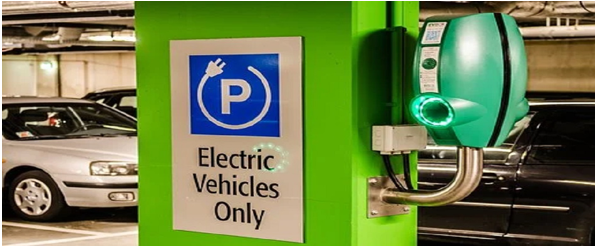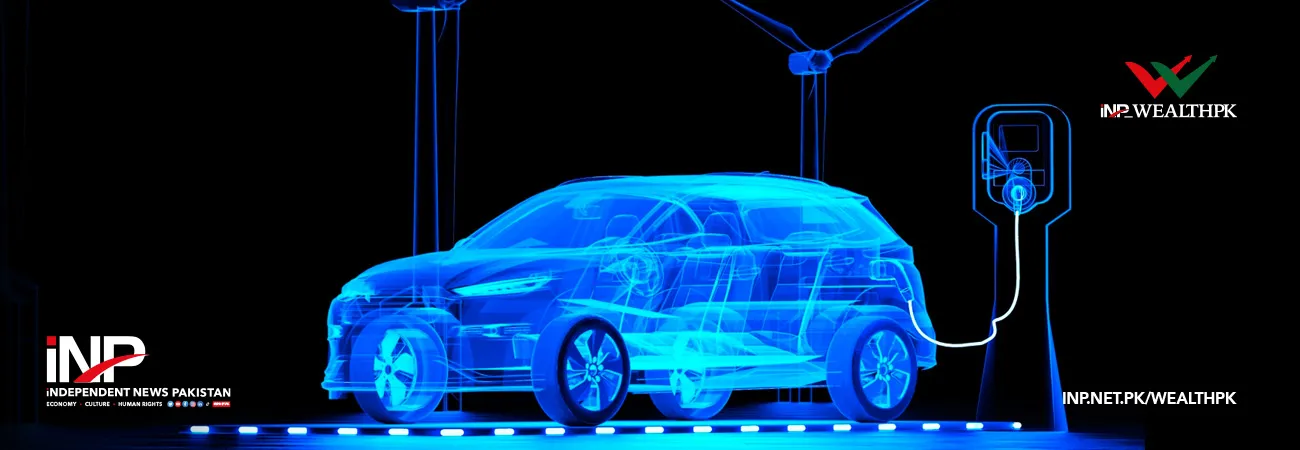INP-WealthPk
Ayesha Saba
By harnessing Chinese expertise, ensuring policy coherence and prioritising green growth, Pakistan has the opportunity to emerge as a key player in the regional electronic vehicle (EV) market while paving the way for long-term economic and environmental sustainability.

Speaking to WealthPK, Hayat Khan, an assistant director at the Ministry of Climate Change, said Pakistan's EV sector had immense potential for collaboration with China, especially within industrial zones being developed under the China-Pakistan Economic Corridor (CPEC). He mphasized that China's dominant position in the global EV market supported by a robust supply chain, cutting-edge technology and consistent government support, made it an ideal partner for Pakistan. Hayat cautioned, however, that the success of these industrial zones hinged on addressing critical challenges.
He pointed out that infrastructural bottlenecks, inconsistent policies and energy deficits could deter investors. He suggested the government must prioritise policy consistency and provide incentives such as tax exemptions, land subsidies and streamlined regulatory processes to attract Chinese and other international investors. "Furthermore, integrating local industries into the supply chain is crucial to ensure that the benefits of foreign investments are widely distributed across the economy." "We have to make some important policy decisions for the rapid adoption and acceptance of electric vehicles in Pakistan," Hayat said.
Meanwhile, talking to WealthPK on condition of anonymity, an official of the Pakistan Council of Renewable Energy Technologies (PCRET), pointed out that transportation sector consumed a major portion of the world's oil. "In order to drastically reduce oil usage to achieve climate targets, the transportation industry should be swiftly decarbonised by converting it to sustainable energy sources. Electric vehicles, which use clean electricity, are the best option to achieve this goal." He remarked that EVs were easier to produce, had fewer parts, and required fewer personnel on the assembly line, thus lowering labour expenses.
"EVs are easier to maintain and less expensive for buyers." The official stressed the importance of a stable and predictable policy environment to attract foreign investment and encourage local entrepreneurship in the EV sector. "Fragmented or inconsistent policies could deter potential investors and disrupt industry growth. A cohesive framework must integrate incentives for EV adoption, infrastructure development and investment in research and development."
Credit: INP-WealthPk













